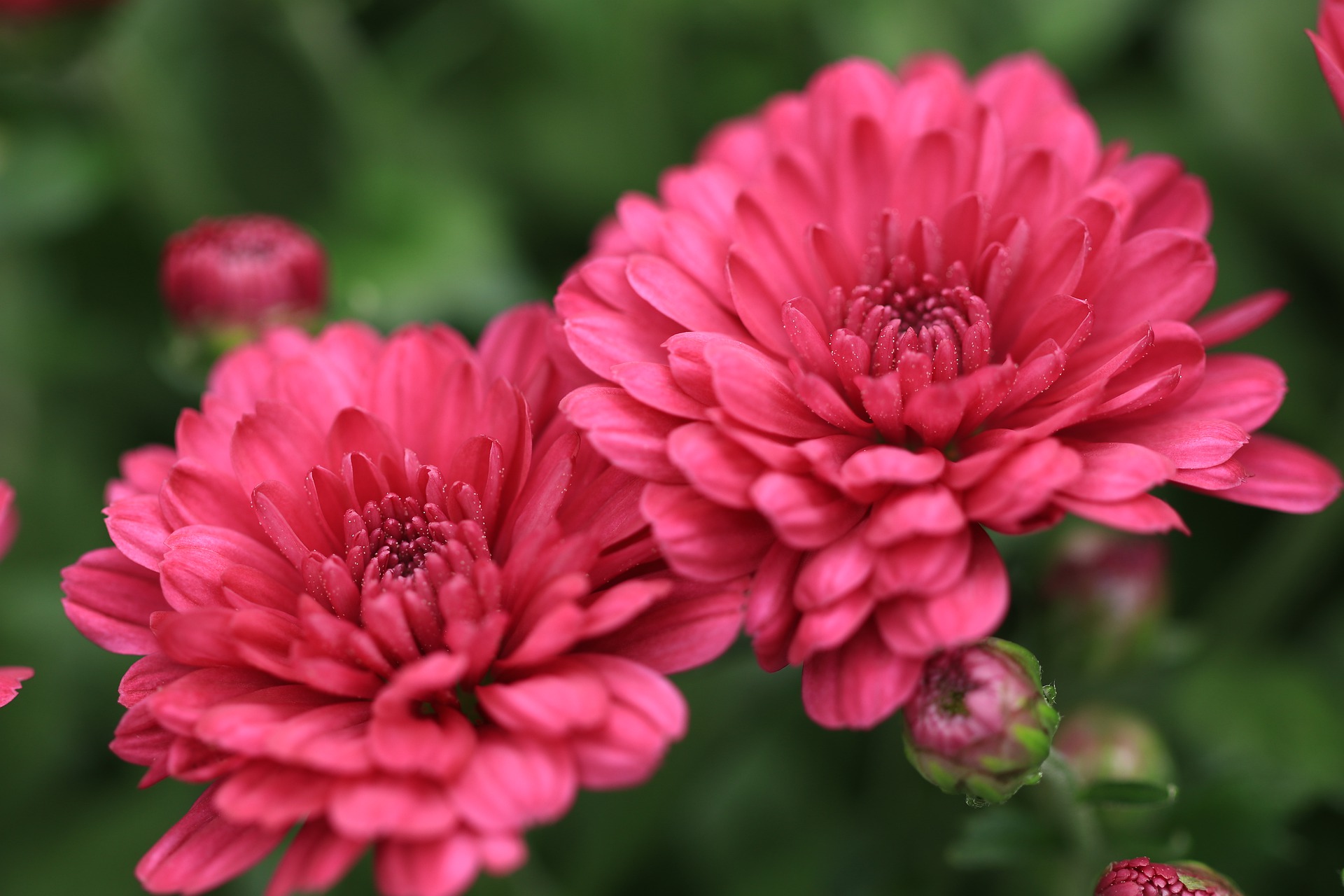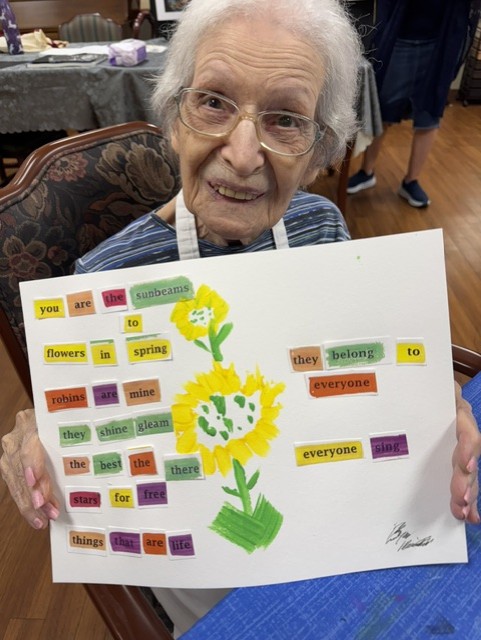Changes Around Us
We are fully into autumn, when shorter days make after-dinner walks less desirable. The cooler temperatures are slowly descending to the point when warmer layers of clothing come out of the closet. I forget where my sunglasses are because it can be days between needing them. The blanket of fallen leaves is thick and wet from the rain that brought them down. They wait for the wind to whirl them across the neighborhood or to dry enough that we can bring out the rake. And, at least here in Ohio, the November clouds look thick and gray adding a weight to the air. It can be a chore to keep spirits up with all these seasonal changes. But it is not just the weather-related changes that contribute feelings of sadness and despair and anxiety and concern. This year we also anticipate the end to the elections. We also hear about the rising daily numbers related to the increasing numbers of COVID-19 infections and deaths. And we are aware of the tensions that continue to flare related to awareness of racism in our country with news of another death of a black man and the protests that have followed and our hearts are heavy.
When the writers group considered the blogs that we would post here in November, we anticipated all of the above. Although we are not clairvoyant, back in September when were we planning for the rest of the year, we knew that the seasons would be changing. We knew and looked forward to the end of the campaign season. We wondered what the post-election days and weeks would look like. We were also alert to the predictions of the second wave of the pandemic and the coming of influenza. And we wondered, what would be helpful to offer for a time such as this?
We also knew that we would be writing this series between the observance of All-Saints Day (November 1) and Thanksgiving. The significance of both of these observances is their focus on thanks and gratitude – thanks for the lives that we have shared with those who have passed away and gratitude for the harvest with a celebration of the seasonal changes. These can be a counterweight to the changes in this season.
Gratitude Research
During our annual symposium last month, Power in Community: Overcoming Loneliness and Isolation, one participant asked the morning presenters if there was any research about the power of gratitude as an anecdote to loneliness and isolation. None of the presenters were able to pull any data to mind in that moment to respond to the question. However, the next day, I received a copy of an article that included some interesting strategies. Their list is a compilation of multiple studies from experts that includes cognitive behavior therapy, enrichment activities, physical activity, mindfulness exercises, connect with others in person (which is difficult in the pandemic) but includes the importance of physical touch, wisdom and gratitude!
The article reports that just last year, Research on Aging published an article that found when older adults engaged in a daily writing activity that focused on the things that they were grateful for, it only took three weeks for their feelings of loneliness to improve. And not only writing, but when they shared their gratitude with others, Julianne Holt-Lunstad, PhD, professor of psychology and neuroscience at Brigham Young University, observed that there was an upward trajectory creating positive responses in the other person as well. And these in turn increased positive thinking and feelings of connection in the individual expressing the gratitude.
So, on behalf of the Abundant Aging blog contributors, we thank you! Hopefully our own feelings of isolation and loneliness in this season will improve as we write about gratitude in the coming weeks because apparently, as per the research, we are helping to improve our own health!
Giving Thanks
If you are not completely convinced by the logic of research, then perhaps some words that speak to the heart might suffice:
Giving thanks for abundance is sweeter than the abundance itself. – Rumi
In this unprecedented season with layers upon layers of external weights and internal pulls pushing us to the limits of our reserves, join us in the coming weeks as we take time for gratitude.
Go ahead and test the research: write a little each day of all the reasons which exist in your life to give thanks. Share the things on your heart-list with someone else as a way of acknowledging your gratitude.
Give thanks as a way to improve your own health. Give thanks as a way to offer health to those around you. And remember, just the act of being grateful may be the nudge to welcome changes that are needed most in the world.
11/4/20 21:47
View all articles by:






















